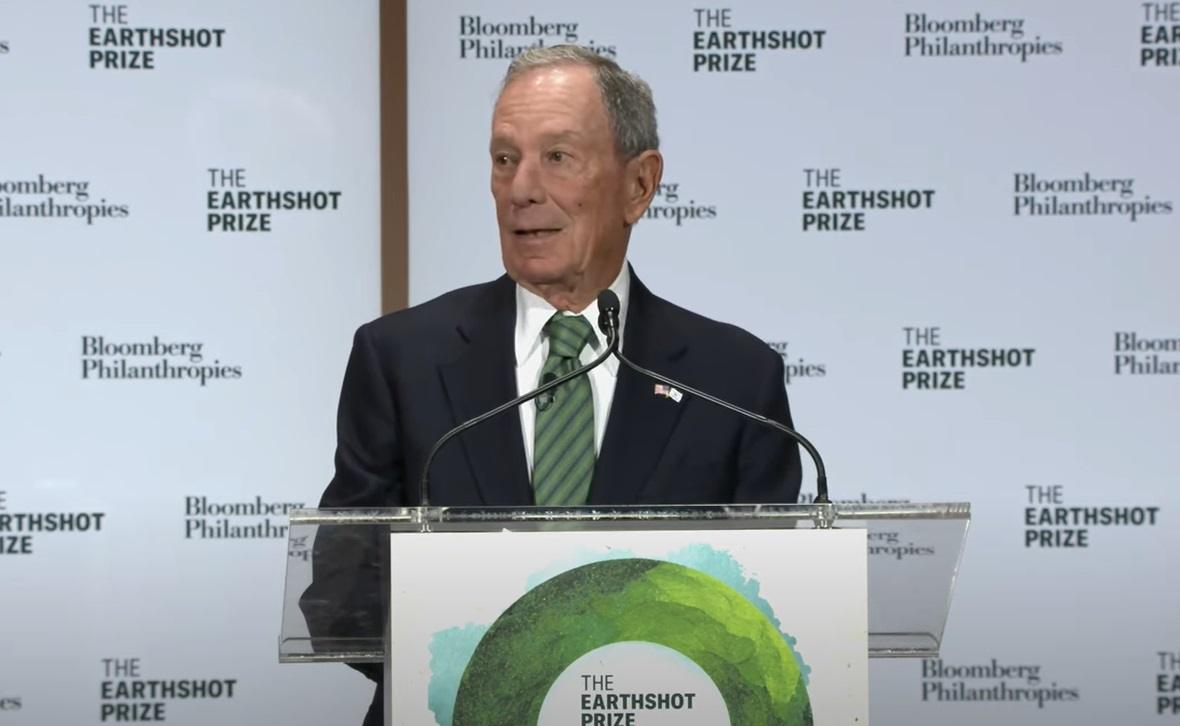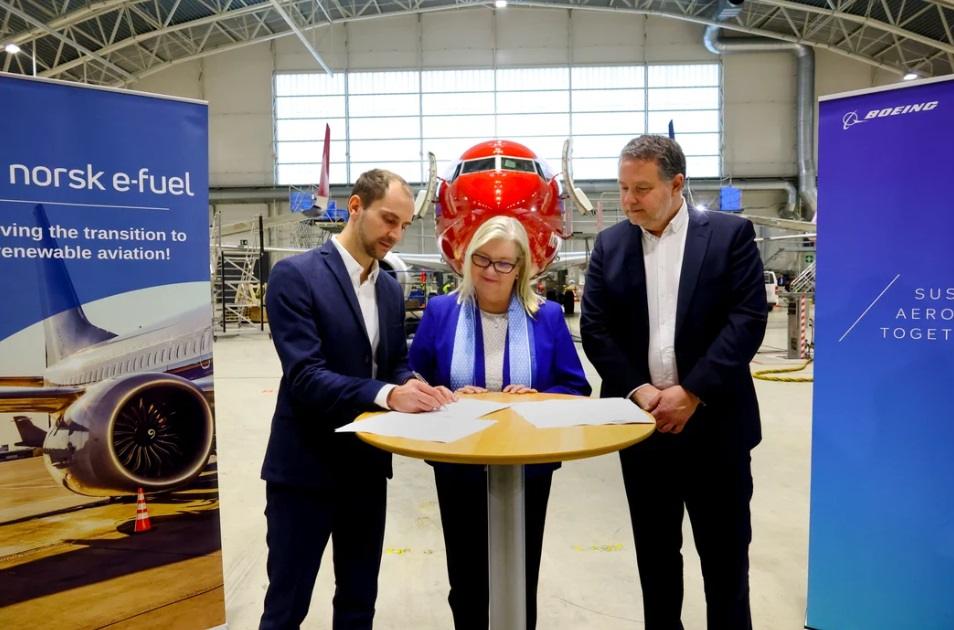Microsoft Signs Largest-Ever Nature-Based Carbon Removal Deal with BTG Pactual
BTG Pactual Timberland Investment Group (TIG) and Microsoft announced today that they have signed a large-scale, long-term nature-based carbon removal agreement, with Microsoft purchasing 8 million tons of carbon removal credits through 2043 generated through TIG’s reforestation and restoration strategy in Latin America.
According to the companies, the agreement marks the largest known carbon dioxide removal credit transaction to date, based on MSCI Carbon Markets data.
BTG Pactual Timberland Investment Group (TIG), a subsidiary of Latin American investment bank BTG Pactual, is one of the world’s largest timberland managers, with over $7 billion in assets and commitments, and nearly 3 million acres under management across the U.S. and Latin America.
The firm’s $1 billion reforestation and restoration strategy, which includes nature protection organization Conservation International as Impact Advisor, focuses on the conservation, restoration, and planting of deforested and degraded properties in selected regions in Latin America, including the Cerrado biome in Brazil. According to TIG, while the Cerrado is among the most biodiverse seasonally dry ecosystems in the world, approximately half has been converted to other uses, such as cattle grazing. The strategy aims to protect and restore more than 330,000 acres of natural forests in deforested landscapes, and to plant millions of trees in sustainably managed commercial tree farms on another 330,000 acres of previously deforested and degraded land.
Part of the strategy’s climate impact is based on the generation of carbon credits, in addition to managing the tree farms on long rotations to store more carbon and produce large diameter logs that can be used for long-lived products.
Under the new agreement with Microsoft, 60% of the carbon removal credits are expected to be attributable to carbon sequestration in newly restored native forests, with the remaining and 40% from carbon sequestration in newly established and sustainably managed commercial tree farms.
Gerrity Lansing, Head of TIG, said:
“Institutional investors have a critical role to play in delivering nature-based solutions at a scale that matters for climate and biodiversity. The scale of the native forest restoration and sustainable timber production that TIG seeks to deliver with our reforestation strategy is what enables a carbon removal credit transaction of this size.”
The transaction marks the latest in a series of large-scale nature-based carbon removal agreements by Microsoft, forming part of the tech giant’s initiative to become carbon negative by 2030, including recent 1.5 million ton and 3 million ton deals with Mombak and re.green, respectively, each focused on reforestation projects in Brazil, as well as a 1 million ton forest management-based agreement announced earlier this month Anew. Microsoft has built up a carbon removal portfolio spanning multiple solutions and technologies including, direct air capture (DAC), ocean-based carbon removal, and biochar-based projects.
Brian Marrs, Senior Director for Energy & Carbon Removal at Microsoft, said:
“Advancement towards Microsoft’s carbon negative goals necessitates innovative projects that can swiftly and sustainably scale carbon removal. This project exemplifies how reforestation and restoration can deliver carbon removal at scale while supporting local communities and restoring vital ecosystems. This approach will attract investment to the conservation space and help scale carbon removal in line with what climate science demands.”
Mark Wishnie, Chief Sustainability Officer of TIG and head of the firm’s reforestation strategy, added:
“From its inception, we have aimed to break new ground with this strategy, both in terms of scale and impact. We are proud to work with industry leaders like Microsoft, who are committed to purchasing high-quality removal credits and retiring them as part of a comprehensive corporate decarbonization strategy. Microsoft’s leadership has helped build the high-integrity carbon offset market. They are blazing a trail that other companies can follow.”





